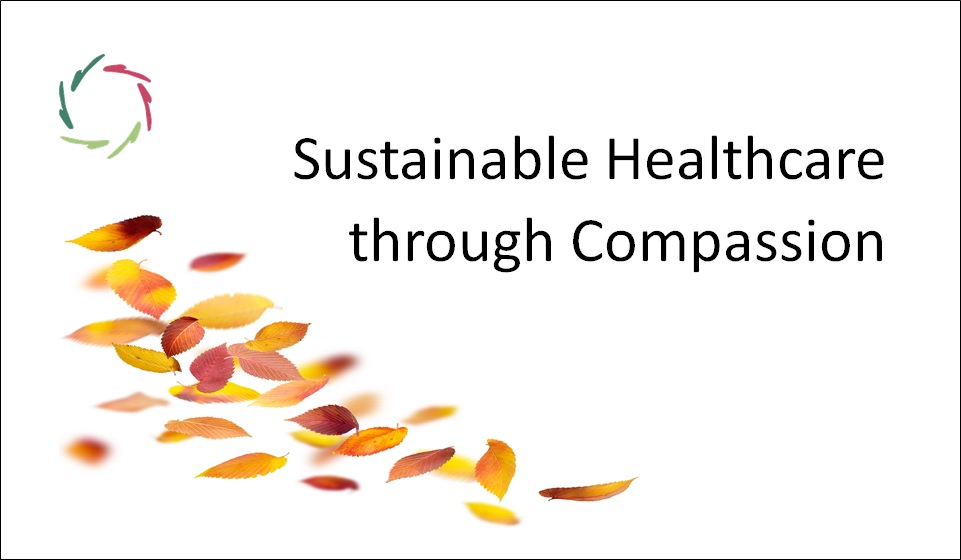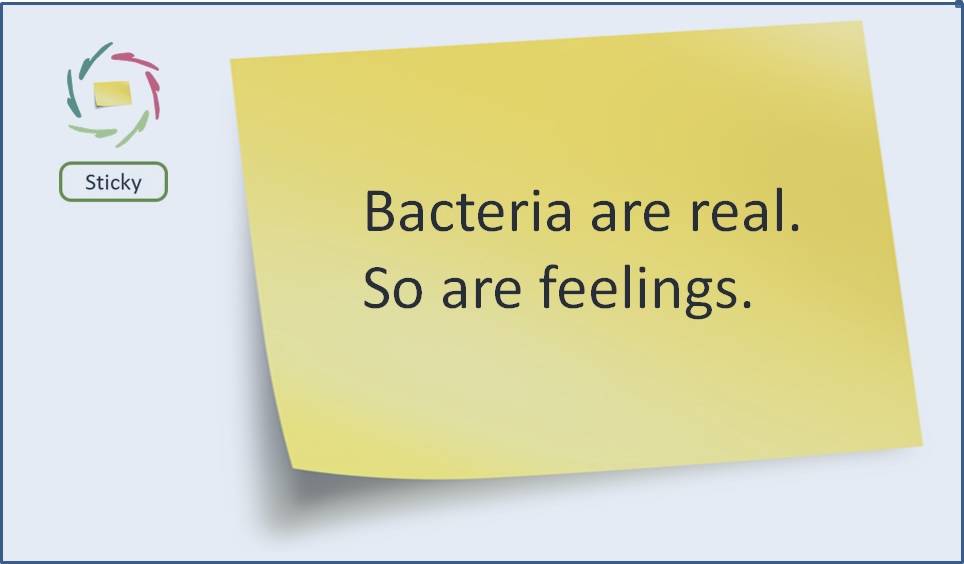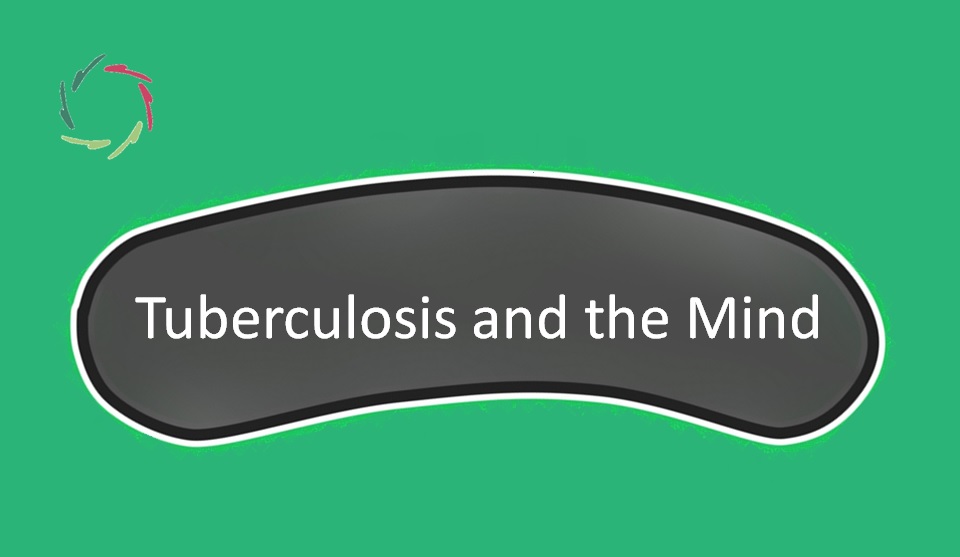When to Cherish Your Symptoms

Mental and physical symptoms may carry crucially meaningful information. Getting to these is the gift you get for cherishing your symptoms.
Not listening may lead to worse
This isn’t always easy to investigate in experimental science, especially with chronic symptoms. With present-day scientific methods, it may even be difficult to investigate. On the other hand, it is logical and consistent with related science. In this balance of logic, what needs to be proven first ― the presence or the absence? [see: “Those Who Do Not Want to Listen, Will Get Symptoms“]
It may be sufficiently significant to listen to acute as well as chronic symptoms – in a friendly, cherishing way – also when they are quite small. Again: challenging to investigate when this is relevant. One should not fall into the trap of medicalizing or psychologizing any minor complaint. Frequently, the best course of a symptom or set of symptoms is the spontaneous one. It’s up to you to feel when some symptom is worth more profound attention.
Giving attention to the symptom is not the same as being ‘symptomatic.’
Symptomatic therapy is straightforwardly bent on getting rid of the symptom. [see: “Symptomatic Therapy?“] Much of present-day healthcare is symptomatic. [see: “Most Drugs are Symptomatic“]
Cherishing your symptom is not bent on directly removing the symptom, but on asking it – that is, your ‘deeper self’ (or ‘deeper set of mental-neuronal patterns’) through it – what is needed so it can diminish from the inside out. When an ongoing cure is symptomatic, it doesn’t hurt to make it cherishing.
Both sides are not exclusive. They can be combined in many ways.
In psychotherapy and medicine
In psychotherapy, it is best to make clear, together with your therapist, what is your purpose. You may explicitly talk about this already at the start of therapy. A lot of what follows during therapy depends on having this openly discussed. [see: “What is Success in Therapy?“]
In medicine, there should be openness about it as well. Much of medicine is psycho-somatic. The body cries because there is something deeper involved. With many of my colleague physicians, it may be difficult to bring this up. They ignore it. You might even encounter resistance. Yet, you are most important. You have the right and responsibility towards yourself to insist if that is what you really want. [see: “Always Responsible, Never Guilty“]
Cherishingly
A proper mental attitude towards your symptoms is frequently as important as getting the correct diagnosis.
This translates ‘when’ into ‘always’ ― also when infection or a tumor is involved.
Always
It’s important to your health and to healthcare in general.
By always cherishing your symptoms, you respect yourself as a complex human being. You may see this as your guilt-less responsibility.


